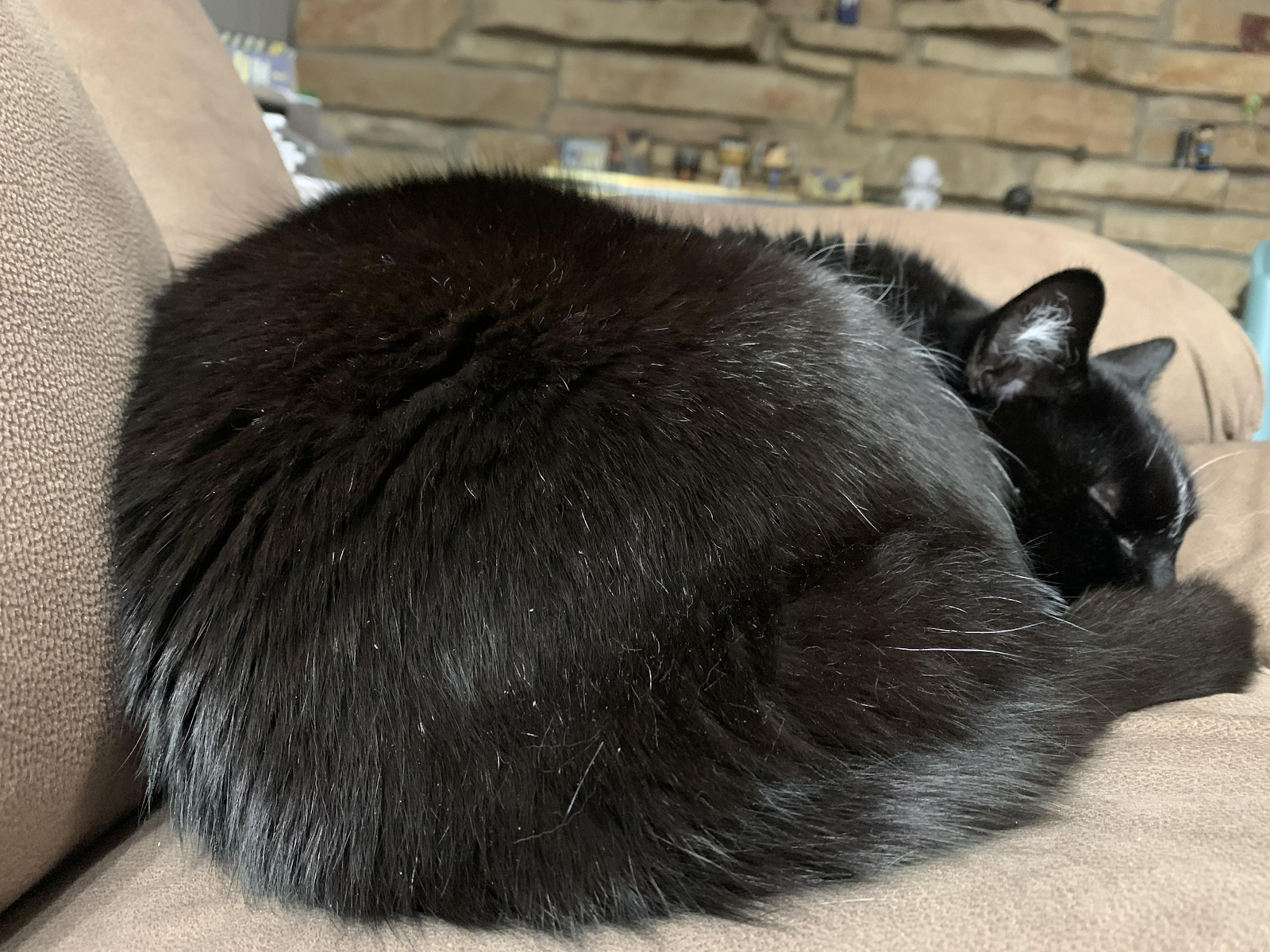Getting sleep in the age of COVID-19
 Processing Request
Processing Request
By Emilyn Linden
One of my health interests over the past decade-plus, has been sleep. I think that’s pretty much a given when you have a colicky baby. Healthy Sleep Habits, Happy Child by Dr. Marc Weissbluth was my Bible for a few years there. And it seems like over the last few years others have joined me in my obsession (or more likely, I joined them in theirs).
I’ve been having more trouble falling asleep and staying asleep lately, and I know I’m not alone given the amount of anxiety everyone is feeling about COVID-19. Thankfully, there are many organizations, private, public and nonprofit, that are making resources available to help people manage their mental health right now.
The CDC has a Managing Anxiety & Stress page that also points to other resources. MIT Medical has sleep resources, including sleep tips and relaxation meditations that are always available. 10% Happier currently has a Coronavirus Sanity Guide with meditations for anxiety and self-compassion. I listened to the special edition How to Handle Coronavirus Anxiety podcast the other day and found it pretty helpful. The Headspace app also has a collection of free meditations available right now called Weathering the Storm to help people manage their COVID-19 anxiety.
There have been some great books that have come out in the last couple of years about sleep and what happens in our bodies and brains during sleep. They also address what happens to our brains and bodies when we don’t sleep. Why We Sleep by Professor Matthew Walker came out in 2017. Dr. Walker addresses how sleep influences our memory, ability to learn and emotions, and how sleep impacts our immune system, metabolism and appetite. If you can’t get access to Why We Sleep right now, Dr. Walker has appeared on podcasts such as Peter Attia MD, 10% Happier and many others.
If you’re like me, you’re also fascinated in what can go wrong with sleep. The Nocturnal Brain by Guy Leschziner, a consultant neurologist and sleep physician, relates true stories of patients with sleep disorders such as restless leg syndrome (a poor name for a disorder that doesn’t always present as twitchy legs), out-of-sync circadian rhythm, apnea and much more. Some of the disorders seem amusing to those not experiencing them and some of them seem terrifying, like the woman who gets up, gets dressed and goes for a drive - all while sleeping.
Drs. Matthew Walker and Guy Leschziner offer many helpful tips for behaviors to improve sleep, also known as sleep hygiene. The National Sleep Foundation offers tips for good sleep hygiene. Harvard Medical Division of Sleep Medicine also offers a number of suggestions for improving sleep. The sleep hygiene tip I’m having the most trouble with right now is limiting screens 30-60 minutes before I try to go to sleep since I can’t seem to stop looking at the news. Putting my phone away, getting ready for bed and then listening to a meditation has been helping me create some distance between the news and when I try to fall asleep.
I hope some of these tips help you in the coming days.
Emilyn Linden is a librarian at the Fond du Lac (WI) Public Library, where she gets no sleep at all. Her cat, Sophie, is another story.

